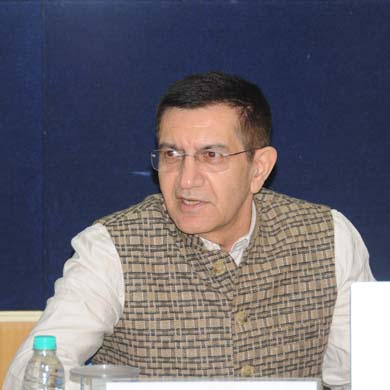Linkages Between Crime and Terrorism: Need to Look Beyond the Surface
Research Fellow, IDSA, Col Vivek Chadha’s article on the nexus between crime and terrorism, titled ‘Linkages Between Crime and Terrorism: Need to Look Beyond the Surface’ has been published in the July-August 2018 issue of India Foundation Journal.
The article analyses linkage between crime and terrorism which often tend to be treated and addressed in water tight compartments by organisations that tend to function in stove-piped channels, despite being a part of the same state apparatus.











